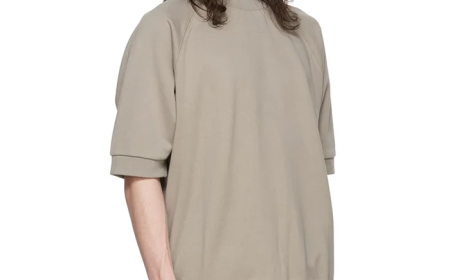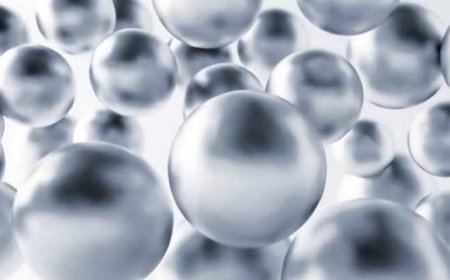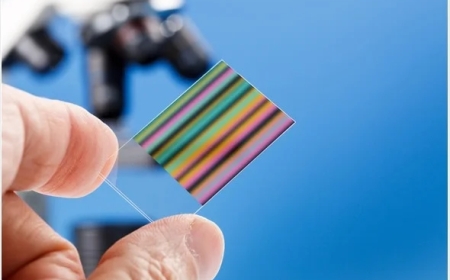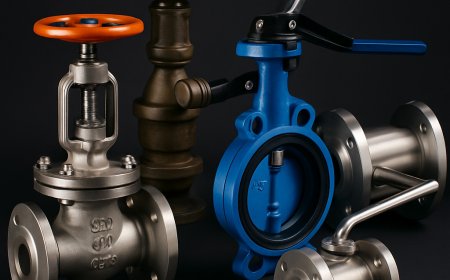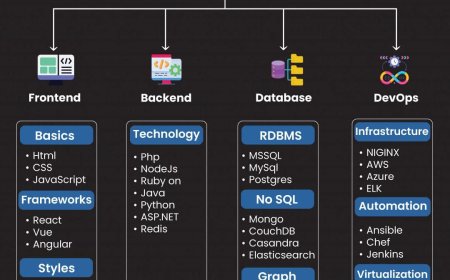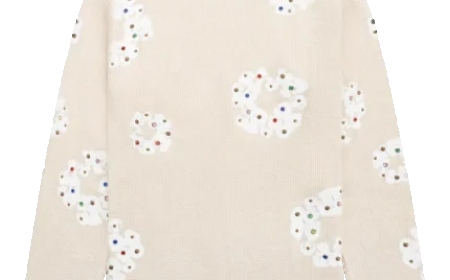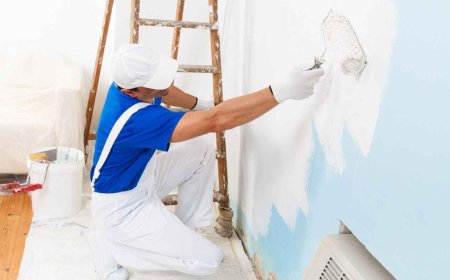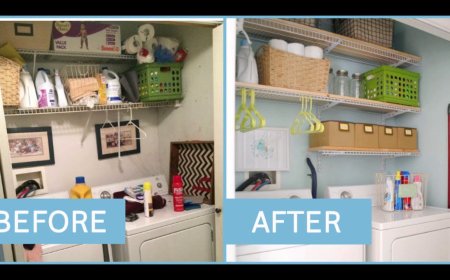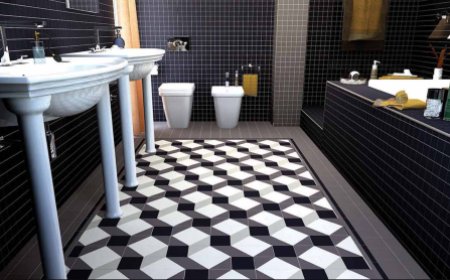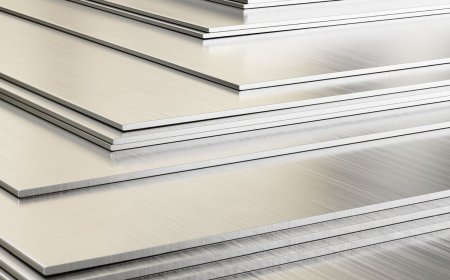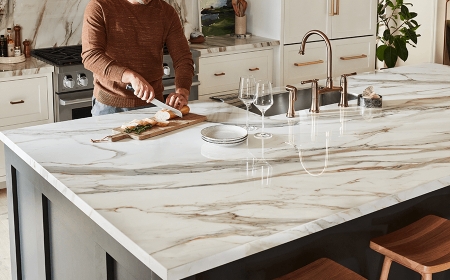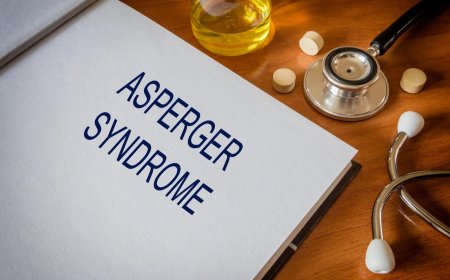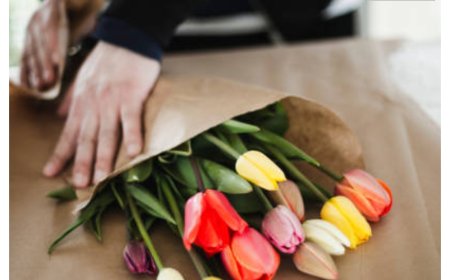Behind the Scenes: How a Plastic Jar Manufacturer Produces High-Quality Packaging
Explore how a plastic jar manufacturer turns raw materials into durable, customized, and high-quality jars through advanced molding and quality control.
Ever wondered how the plastic jar that holds your favorite product is actually made? While it may seem simple on the surface, the production of plastic jars involves advanced technology, careful engineering, and strict quality control. A trusted plastic jar manufacturer brings together materials science, precision tooling, and sustainable practices to deliver jars that are not only durable but also visually appealing and safe.
In this blog, well take you behind the scenes of how a plastic jar manufacturer operatesfrom raw material selection to the final packaging processand why it matters for your business.
Understanding the Role of a Plastic Jar Manufacturer
A plastic jar manufacturer is not just a supplier; they are partners in packaging innovation. Whether you're in the food and beverage, personal care, pharmaceutical, or industrial goods industry, your packaging must be reliable, functional, and brand-aligned. The manufacturing process plays a direct role in determining the final quality of your product.
1. Material Selection: The Foundation of Every Jar
The first step in the production process is selecting the right raw materials. The most common plastics used for jars include:
-
PET (Polyethylene Terephthalate): Known for clarity, strength, and lightweight nature. Often used in food and cosmetic packaging.
-
HDPE (High-Density Polyethylene): Durable and chemically resistant, ideal for industrial products.
-
PP (Polypropylene): Resistant to heat and fatigue; commonly used for pharmaceutical and personal care packaging.
A reputable plastic jar manufacturer will help clients select the right material based on the product's compatibility, shelf life requirements, and branding needs.
2. Mold Design and Prototyping
After determining the material, the next step is designing the mold that will shape the jar. Molds can be standard or custom, depending on the design specifications. Custom molds allow for unique shapes, embossing, brand logos, or even dual-chamber functionality.
Before mass production, manufacturers often create a prototype to test the design for practicality, aesthetics, and durability. This phase allows adjustments to be made without incurring the costs of full-scale production errors.
3. The Manufacturing Methods: Blow Molding vs. Injection Molding
There are two main manufacturing techniques a plastic jar manufacturer typically uses:
Blow Molding
This is the most common method for creating hollow containers like jars and bottles. It involves melting the plastic, forming it into a parison (a tube-like piece), and then blowing air into it within a mold to take shape.
Injection Molding
Used for creating thicker and more complex jar designs. Molten plastic is injected into a mold cavity under high pressure, and then cooled and ejected once solid.
Some manufacturers use injection blow molding, a hybrid technique that offers high precision and clarity, particularly for pharmaceutical or cosmetic jars.
4. Cooling, Ejection, and Trimming
Once molded, jars go through a cooling phase to solidify their shape. The jars are then ejected from the mold and trimmed to remove excess material. This is followed by a quality check to ensure that no warping, cracks, or defects have occurred during the molding process.
5. Surface Finishing and Decoration
To help brands stand out, a plastic jar manufacturer offers a range of decorative finishes, including:
-
Screen printing
-
Heat transfer labeling
-
Shrink sleeves
-
Hot stamping
-
Embossing or debossing
These elements give the packaging a unique look and reinforce brand identity. The finishing step also includes UV coating or matte/gloss finishes that enhance visual appeal and protect against wear.
6. Quality Control and Testing
Quality control is integral at every step of the process. A reliable plastic jar manufacturer will conduct tests to ensure each jar meets industry standards for:
-
Seal integrity
-
Chemical compatibility
-
Drop resistance
-
UV resistance
-
Volume accuracy
Some manufacturers use automated vision inspection systems to detect micro-defects in real-time, ensuring consistency across high-volume runs.
7. Sustainability and Waste Management
Modern consumers demand eco-friendly packaging, and responsible manufacturers are rising to the challenge. Many plastic jar manufacturer facilities are equipped with recycling systems that reuse production scrap. Others use bio-based or recycled plastic resins to minimize environmental impact.
Energy-efficient machinery, reduced water usage, and low-emission operations are part of sustainable manufacturing practices that support global green initiatives.
8. Packaging and Logistics
After inspection, the jars are packed into cartons or pallets using automated systems to avoid contamination. Manufacturers offer logistics support, shipping coordination, and warehousing as needed.
Some even offer just-in-time delivery models, which help businesses reduce storage costs and optimize inventory.
9. Customization and Branding Support
Many plastic jar manufacturer partners offer end-to-end customization services. These can include:
-
Logo integration
-
Shape adaptation to suit ergonomics
-
Label design consultation
-
Tamper-evident or child-resistant closures
These services streamline the development process for businesses, allowing them to focus on their core product while ensuring packaging aligns with branding strategies.
10. Collaboration with Clients
A great plastic jar manufacturer doesnt just take ordersthey collaborate. By discussing market trends, performance needs, and product positioning, manufacturers help clients make informed packaging decisions. Many even invest in R&D labs to test new jar designs and materials before launching them in the market.
The Business Impact of Smart Manufacturing
Choosing a manufacturer that prioritizes efficiency, quality, and innovation allows businesses to:
-
Reduce product recalls and customer complaints
-
Improve brand perception through premium packaging
-
Launch new products faster with reduced development time
-
Meet industry compliance and safety standards
-
Adopt sustainable practices and reduce environmental footprint
Key LSI Keywords to Use
When creating or optimizing content around this topic, incorporate these LSI keywords for better SEO:
-
Plastic molding process
-
Custom jar manufacturing
-
Plastic packaging production
-
PET and HDPE jars
-
Injection blow molding
-
Sustainable packaging solutions
-
Packaging quality control
-
Custom packaging design
-
Industrial jar production
-
Plastic container decoration
FAQs About Plastic Jar Manufacturing
Q1. What is the most common manufacturing method for plastic jars?
A: Blow molding is the most common method, particularly for creating lightweight and hollow jars. Injection molding is used for more complex or thicker designs.
Q2. Can I request custom jar shapes and sizes?
A: Yes, a good plastic jar manufacturer will offer custom molds tailored to your design, including logos, unique shapes, and special finishes.
Q3. Are plastic jars recyclable?
A: Most jars made from PET or HDPE are recyclable. Many manufacturers also offer recycled-content jars or biodegradable plastic options.
Q4. How long does the manufacturing process take?
A: Lead time depends on order volume, customization, and mold availability. Standard orders may take 24 weeks, while custom runs could take longer.
Q5. Is it more expensive to use custom molds?
A: Custom molds involve a one-time setup fee but are cost-effective in the long run, especially if you're scaling production or want brand-exclusive packaging.
Q6. What quality checks are involved during production?
A: Manufacturers typically check for seal integrity, structural strength, compatibility with the product, and consistency in volume and color.
Q7. Can I get eco-friendly jars from a manufacturer?
A: Absolutely. Many manufacturers now offer jars made from recycled plastics, biodegradable materials, or reusable packaging formats.
Conclusion
The journey of a plastic jarfrom raw resin to a branded, shelf-ready containeris a fascinating and intricate process. Partnering with a professional plastic jar manufacturer ensures that every stage of production, from material selection to final inspection, is handled with precision and care.
By understanding what goes on behind the scenes, businesses can better appreciate the value of choosing the right manufacturing partnerone who can deliver quality, innovation, and sustainability all in one.
The next time you hold a beautifully crafted jar, remember that its not just a containerits the product of science, engineering, and collaboration. Choose a plastic jar manufacturer who delivers excellence with every piece they produce.



